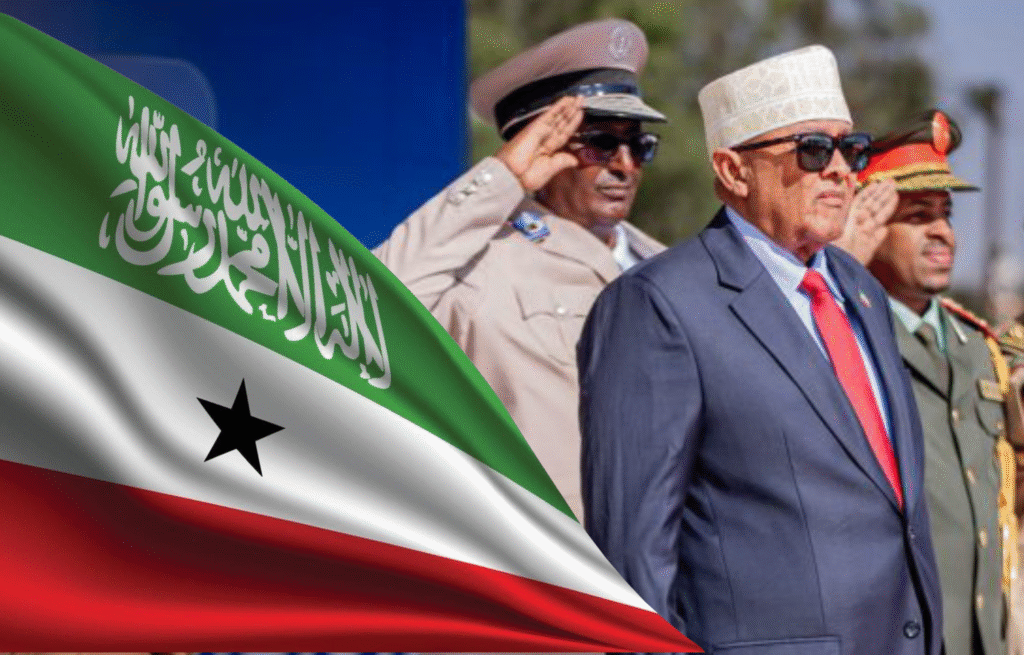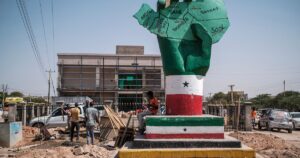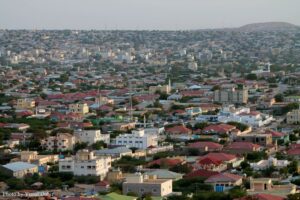Somaliland Rejects Somalia’s E-Visa, Extending Rift Over Sovereignty and Control

Into Hargeisa, effective from November 10, 2025, travelers carrying Somalia’s electronic visa will no longer be allowed entry into Somaliland, effective immediately. The self-declared republic’s government announced that it considers Somalia’s e-visa system “illegal and void” within its borders, marking another escalation in the decades-long dispute between Hargeisa and Mogadishu.
In a statement issued Friday, Somaliland authorities said that all international and regional flights entering or crossing its airspace must now obtain authorization directly from the Somaliland Civil Aviation and Airports Authority, bypassing Somalia’s federal aviation system. The move effectively asserts independent regulatory control over the skies above its territory, a domain long claimed by Mogadishu. An exaction of regard for sovereignty.

The e-visa rejection carries a bureaucratic weight and symbolic challenge to Somalia’s sovereignty. Since declaring independence in 1991, Somaliland has operated as a de facto state with its own government, currency, and army, but remains unrecognized internationally. By rejecting Mogadishu’s visa system, Hargeisa is not only signaling its autonomy but also seeking to reinforce the idea that engagement with Somaliland requires direct recognition of its institutions.
In respect to the human impact, families divided between Somaliland and Somalia, the decision adds a new layer of uncertainty. Many Somalis travel between Hargeisa and Mogadishu for weddings, funerals, business and education. With e-visas no longer accepted, travelers must navigate a separate and often confusing process to enter Somaliland. This could deter family visits and disrupt the social fabric that still connects communities across the border. A long consequential implications on business and aviation service.
Airlines and logistics companies are also caught in the middle. Carriers that route flights through Somaliland airspace will now have to coordinate with Hargeisa’s aviation authorities to avoid penalties. Analysts say the shift could increase costs and administrative burdens for regional operators, especially those flying between Ethiopia, Djibouti and Somalia.
This decision raises much concerns about investment risks for businesses and cross-border trade stability. Somaliland has recently attracted attention for its port and infrastructure projects in Berbera, partly financed by Gulf and Ethiopian interests. Any sign of political friction could slow that momentum.
In view of the political and diplomatic dimensions, the decision exposes the fragile balance between Somaliland’s quest for international recognition and Somalia’s efforts to maintain territorial unity. It also places neighboring countries and foreign investors in a delicate position, forcing them to navigate competing authorities without taking sides.

Diplomats say the development may further strain reconciliation talks between the two sides, which have stalled repeatedly over governance and airspace management.
Away from politics, the e-visa standoff give emphasis to the enduring question of Somali identity, fusing-in cultural and social identity into the scenario. While many Somalilanders share language, religion and kinship with Somalia, generations have grown up identifying more with Hargeisa than Mogadishu. The visa ban may deepen this divide, solidifying a separate sense of nationhood even as international recognition remains elusive.
As one Hargeisa-based political analyst puts it – “every new regulation that replaces a Somali federal system with a Somaliland one, from visas to flight permits, is another quiet step toward de facto independence”.
At the moment, travelers and businesses will have to adapt quickly to the new reality, where a simple visa stamp has become a statement of sovereignty.






